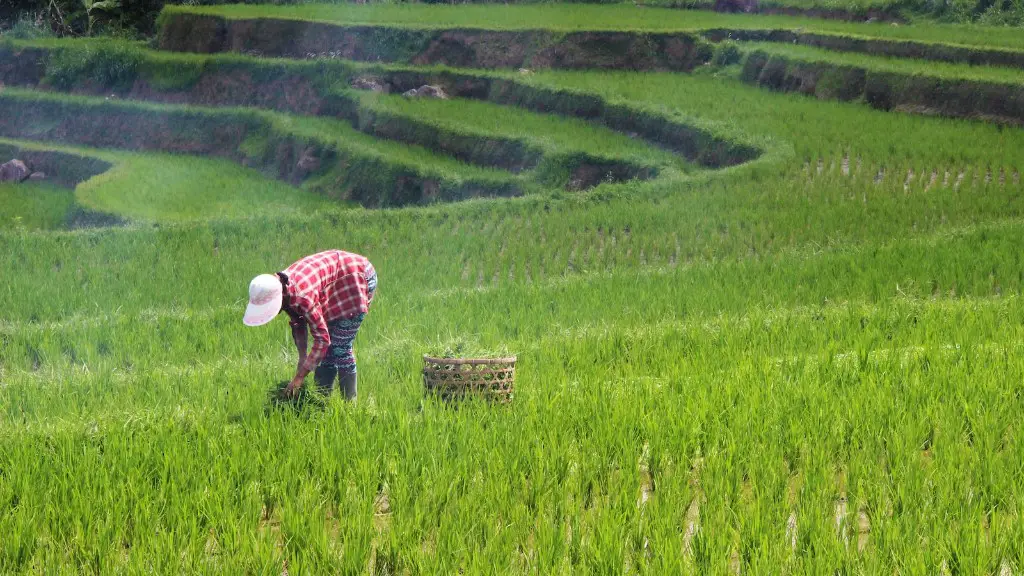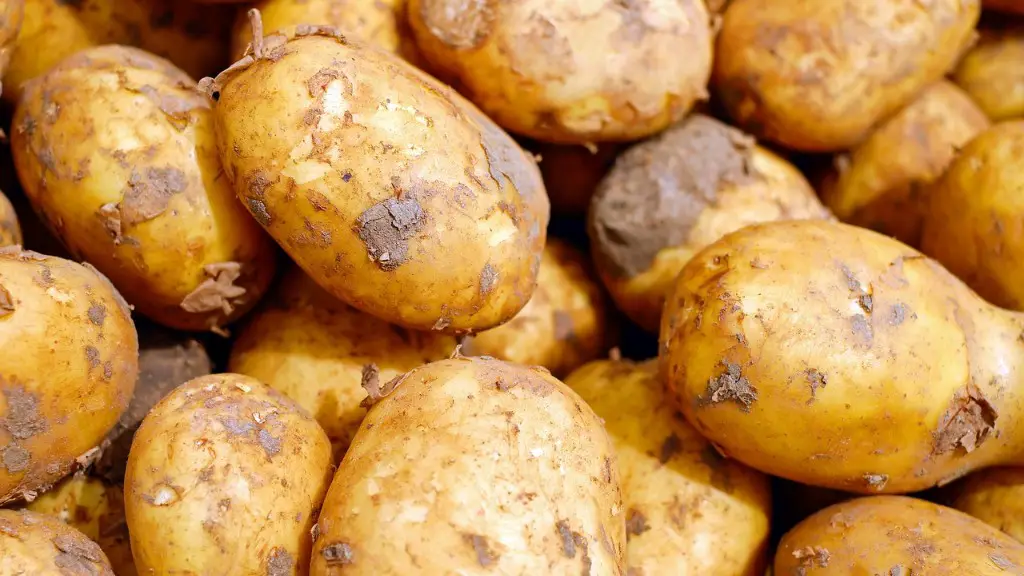Record keeping in agriculture is the systematic process of documenting data, observations and other information related to agricultural operations. It’s used to gain insights into the current farm performance and to make smarter decisions in the future. As most of us know, farmers must keep accurate notes of their activities to comply with certain regulations, such as crop rotation and animal husbandry policies. Nonetheless, record keeping can be beneficial for farmers in more ways than one.
Record keeping can be used to track the expenses of farming operations and provide a comprehensive idea of cash flow. It can also help farmers understand the needs of their crops and if the resources used are justified. Additionally, record keeping can provide evidence of production cycles and the seasonal timeline, while also helping to identify when crops reach optimal yield or when there is enough produce to satisfy the market needs.
Record keeping also helps farmers to organize information related to breeds and types of livestock that are on their farm. It can be used to track the birth and death rates of their animals and identify their growth pattern overtime. In addition, record keeping can provide valuable data on when an animal was born, how much it ate, when it was vaccinated, how much it weighed and when it was slaughtered.
Knowing the financial performance of an agricultural business is essential in order to make sure that investments are being made wisely, but without sufficient record keeping it can be difficult to acquire this information. Record keeping provides actual numbers that can be compared against the predicted expenses and revenues to assess the current state and make future decisions.
This process includes documenting inputs, farm activities and results from those activities. Farm records can provide information related to production costs, chemical applications, soil fertility, and environmental impact of farm operations. Furthermore, they can be used to compare different field and production strategies and assess their success rate.
Importance of Record Keeping in Agriculture
Record keeping is a vital tool for farmers because it is an effective way of gathering data and establishing a baseline of information to draw insights from. It not only helps to keep track of expenses and documents production cycles and seasonal timelines, but it can also provide information related to the fertility of the soil and help to form a better understanding of the environmental impact of farming operations. Additionally, record keeping is essential for complying with certain regulations and laws that govern agricultural industry.
Examples of Record Keeping
When it comes to record keeping, this can take different forms, such as collecting data from farm systems, using software, or having paper records. Examples of farm records that should be regularly kept include financial records, crop rotation records, soil fertility records, animal husbandry records and the records of any chemical applications used.
It is important that farmers keep accurate and up-to-date records to make sure that they are maximizing the efficiency of their agricultural operation. Having extensive and consistent record keeping will enable farmers to accurately measure the performance of their farm and track changes in the crops, environmental conditions and soil fertility.
Benefits of Record Keeping
Record keeping can be beneficial for farmers in many ways, firstly because it can provide farmers with valuable data on how to optimize their production and maximize their profits. Record keeping can also help to track the expenses of farming operations, identify when crops reach peak yield and provide evidence for any claims about the production cycles for regulatory compliances. Additionally, record keeping can provide insights into the health and productivity of the soil, allowing farmers to make informed decisions about fertilization or other soil treatments that they may need to consider.
Future Uses of Record Keeping
The ways in which record keeping is used in the agricultural industry are evolving. With the rise of technology, new tools and systems are being developed that enable farmers to track their farm operations more efficiently and accurately. For example, computers and software can be used to track detailed records on the health and productivity of the animals, soil fertility and crop rotation, as well as to store and analyze data on a larger scale. In addition, the use of drones can be used to monitor the health of crops and measure the amount of fertilizer and water needed for optimal yield.
Furthermore, satellite information and remote sensing can be used to gather data on soil properties, land cover, and crop conditions in real-time. All this data can be used by farmers to increase their productivity and make better decisions regarding their agricultural operations.
Conclusion
Record keeping is an essential part of the agricultural industry and with the advances in technology, there are many ways in which this process can be simplified. Keeping accurate and up-to-date records enables farmers to optimize their farm operations and maximize their profits. Furthermore, record keeping provides valuable insights into the future of their farm and can help to inform decisions relating to soil treatments, crop rotations and animal husbandry, as well as allowing them to comply with regulations.



